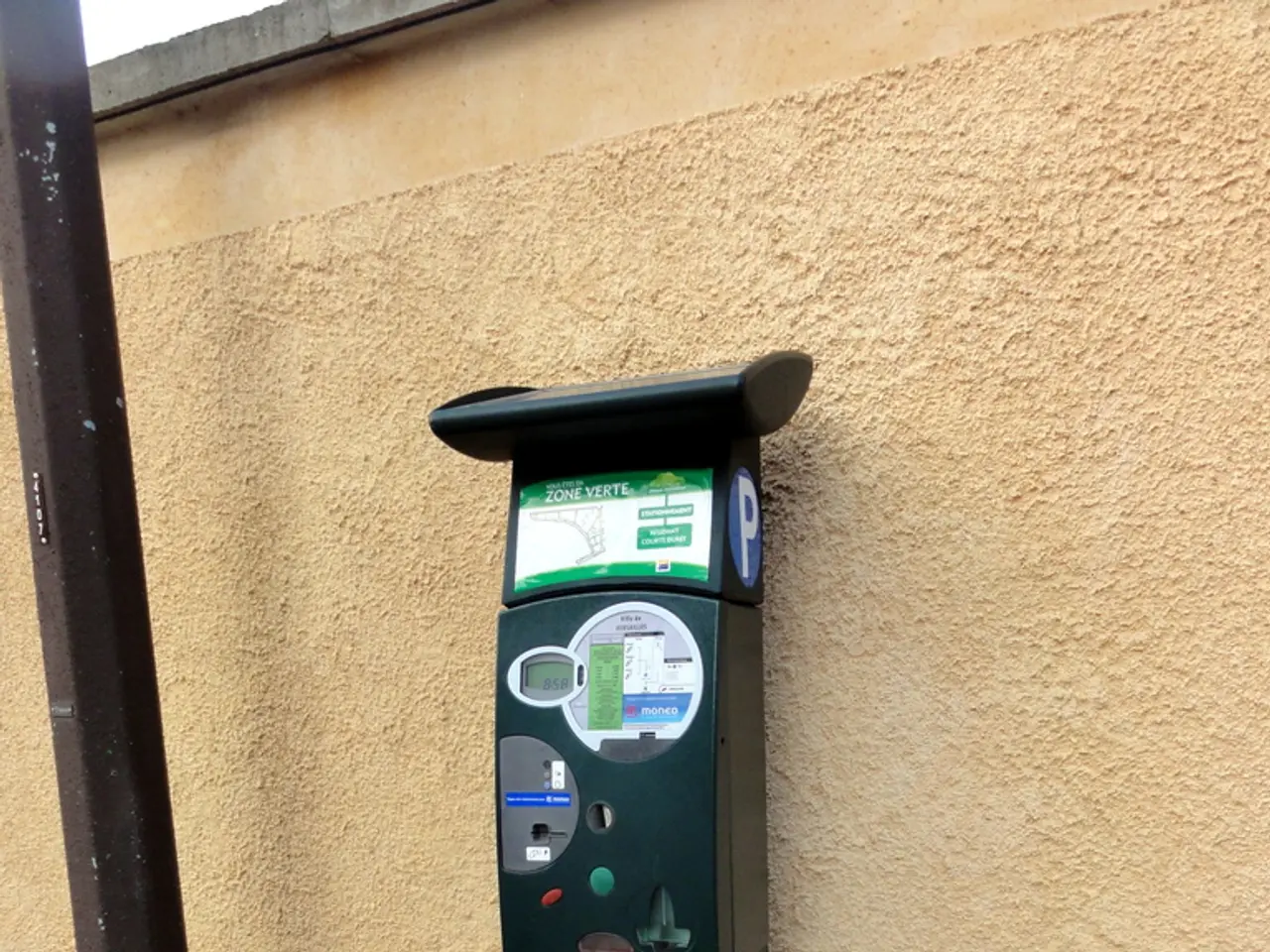Ghanaian firm, Wahu Mobility, secures groundbreaking carbon credit agreement with Switzerland
Ghana is set to take a leading role in Africa's carbon finance industry, following a significant e-mobility deal with Switzerland. This historic agreement marks Ghana's second global transaction under the Article 6 carbon market of the Paris Agreement [2].
The deal, struck by Ghanaian electric bike startup Wahu Mobility, aims to deploy 117,000 e-bikes over the next five years, reducing carbon emissions by 752,684 tons of CO2 equivalent by 2030 [1]. These avoided emissions will be packaged into carbon credits (ITMOs) and sold to Switzerland, helping the European nation meet its goal of cutting emissions by 65% by 2035 compared to 1990 levels [5].
The project, which took two years to get validated and approved by both countries, could accelerate Africa's role in the global carbon market while providing cleaner transport solutions for thousands of local delivery riders [6]. So far, four projects have been authorized by Ghana's Environmental Protection Authority [7].
Klik, a Swiss foundation that funds sustainable development projects, is backing the deal, investing up to $1.1 billion in 12 projects in Ghana [8]. Valerie Labi, CEO of Wahu Mobility, described the authorization as a pivotal moment for the company and Africa's e-mobility sector [9].
Layla Khanfar, a research associate at BloombergNEF, emphasized the importance of establishing integrity in the Article 6 carbon market to unlock demand from corporate buyers and governments [10]. The success of this deal could pave the way for more such collaborations, further strengthening Ghana's position as a key player in Africa's carbon finance sector.
Michael Abrokwaa, Klik's Ghana GM, stated that the deal will accelerate the energy transition by introducing technologies that wouldn't have happened in the next five years [11]. In response, Ghana has recently set up a carbon registry and approval committee to position itself as a key Article 6 hub [12].
This move is part of Ghana's broader strategy to achieve a total emission reduction of 64 MtCO₂e by 2030 through leveraging carbon finance, which supports sustainable economic growth, foreign direct investment, green job creation, and technology transfer [1]. With Ghana aiming to sell 24 million tons of CO2 credits under Article 6 [3], the country is poised to become a significant player in the global carbon market.
In conclusion, Ghana's carbon finance sector is actively growing, with significant progress in emissions reduction aligned with international carbon markets and Article 6 of the Paris Agreement. This deal represents a significant step forward in Ghana's journey towards becoming a leader in Africa’s carbon finance space, driving investments into green sectors and fostering sustainable economic growth, foreign direct investment, green job creation, and technology transfer towards 2030 [1][3][4].
- Ghana's carbon finance sector is expected to expand significantly with the country aiming to sell 24 million tons of CO2 credits under Article 6 of the Paris Agreement, leveraging investments for sustainable economic growth, foreign direct investment, green job creation, and technology transfer towards 2030.
- The deployment of 117,000 e-bikes over the next five years by Wahu Mobility in Ghana, aided by renewable energy and environmental science, aims to reduce carbon emissions by 752,684 tons of CO2 equivalent by 2030, further strengthening Ghana's position as a key player in Africa's carbon finance sector.
- The importance of establishing integrity in the Article 6 carbon market is emphasized, as it can unlock demand from corporate buyers and governments, driving collaborations like the one between Ghana and Switzerland in the climate-change mitigation sector, utilizing finance and technological advancements in renewable energy.




